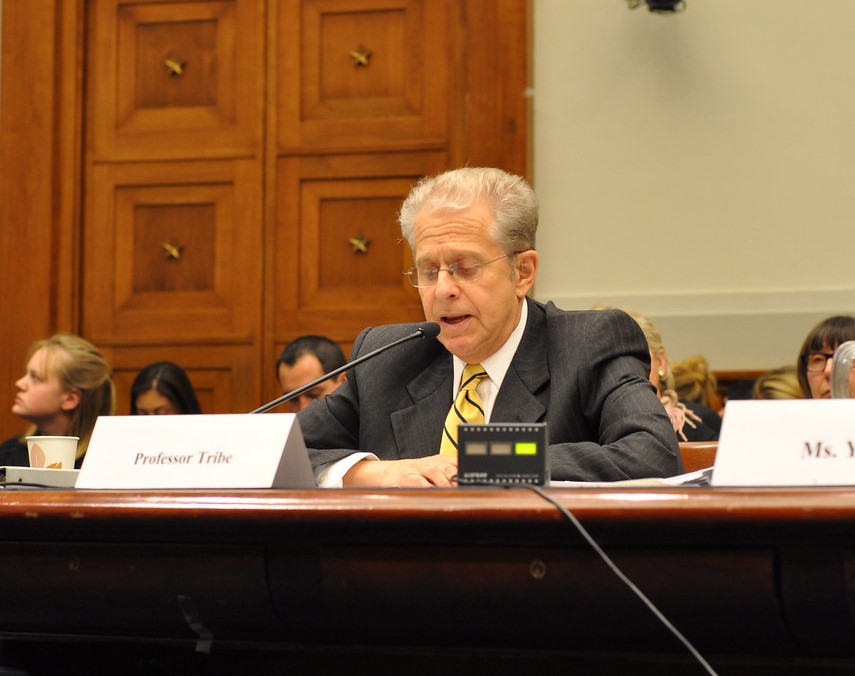
Peter Singer Endorses Geriatric Suicide in the New York Times
Peter Singer, the internationally influential emeritus bioethics professor from Princeton, is known as a moral philosopher — which in his case is an oxymoron. Not only has he repeatedly endorsed the moral propriety of infanticide, but he has also yawned at bestiality and suggested experimenting on cognitively disabled people rather than animals if they are not “persons,” among other ethically depraved opinions. Singer and another philosophy professor — Katarzyna de Lazari-Radek — just took to the opinion pages of the New York Times to endorse geriatric suicide. It seems a noted 90-year-old psychologist named Daniel Kahneman committed assisted suicide last year at one of Switzerland’s death clinics. Kahneman wasn’t seriously ill or debilitated but feared the infirmities that he believed Read More ›






